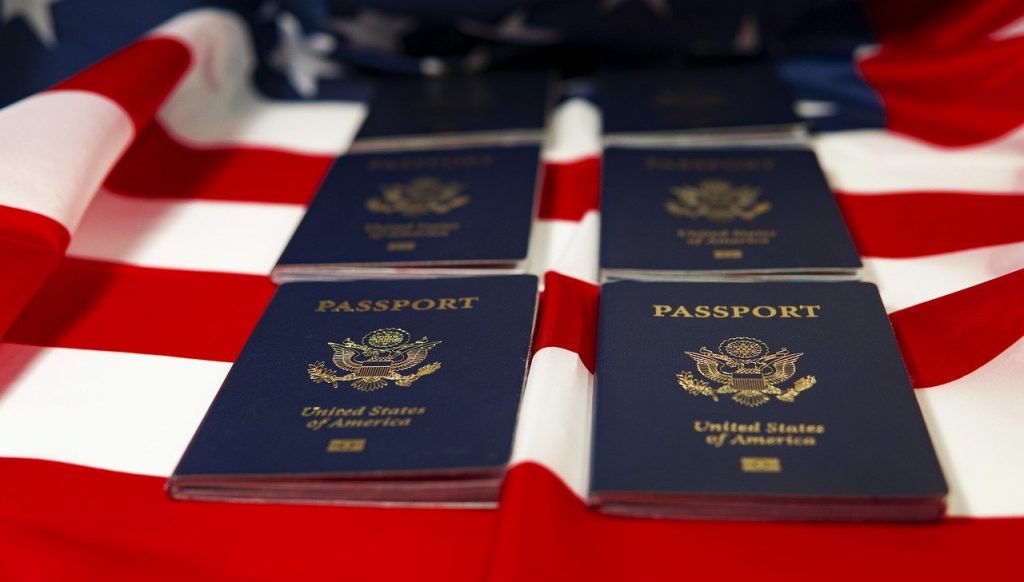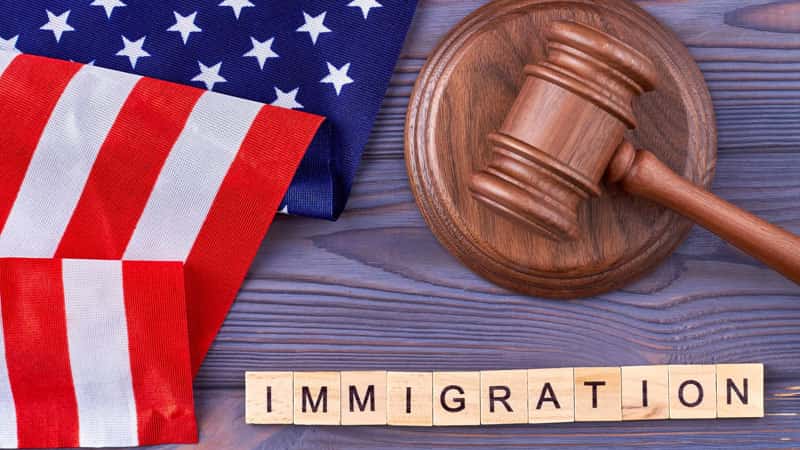There are many immigration laws that have been passed in recent years. It can be difficult to keep up with what is important and what is not. This blog post will help you learn about 3 most important immigration laws, including new protections for children who enter illegally without parents or guardians, changes to deportation procedures, and criminal convictions for immigrants convicted of serious crimes.
The 3 Immigration Laws: What Are They?
U.S. immigration laws are constantly changing, and if you don’t know what they are, it can be difficult to plan for your future. You may have planned to stay in the United States for years or work in the country indefinitely, but that all changes if you don’t keep up with immigration law updates. There are many immigration laws in the United States. Some of which may no longer apply due to legal challenges and legislation, but some that are still important today, such as:
1. Changes in deportation procedures
One of the 3 most important immigration laws is the change in deportation proceedings. If you have been ordered deported and are not a U.S. citizen, deportation now carries with it the possibility of being barred from entry for up to 20 years after your deportation date.
-This means that if you were previously granted “voluntary departure” or had agreed to be voluntarily removed prior to December 31, 2002, then this law does not apply to you; however, if you leave of your own free will at any time after December 31, 2002, there is a greater likelihood that the government will refuse to re-enter the United States with subsequent removal orders being more stringent when imposed by immigration judges. Contact our office today so we can help you determine if these changes affect your case.

2. New protections for children who enter illegally without parents or guardians
Another of the 3 most important immigration laws is child protection. The immigration law created a new form of relief called Special Immigrant Juvenile Status, which is available to minors who have been abused, neglected or abandoned by one or both parents. This status will allow the minor to obtain lawful permanent resident (LPR) status and eventually apply for citizenship.
New avenue of legal protection: Under Section 222(d)(13), special immigrant visas can be obtained if you are an asylum seeker with a credible fear of persecution in your home country based on race, religion, nationality, or membership in certain social groups. If this applies to you, contact our office today.
3. Criminal convictions for immigrants convicted of serious crimes
This means that any immigrant who is convicted in a court of law of crimes such as murder, rape, sexual abuse of a minor, or attempting to commit one of these crimes will be subject to deportation.
Increased criminal penalties: What does this mean? Lawful presence status (LPR) may be revoked if the person commits two or more crimes with sentences totaling 365 days and received consecutive sentences or served time on both occasions within five years. This sentence enhancement applies to persons who are considered LPRs because they have been granted asylum. If you have questions about this, please contact our office today.
Increased Fines for Illegal Entry: After December 31, 2014 anyone caught entering illegally after being deported will be fined between $50 and $250,000.
Increased penalties for overstaying: If you have an expiring or expired visa we can help! Contact our office today to find out what your options are. If you do not leave the U.S., even if by choice, before the time on your I-94 card runs out, then you will be subject to fines of up to $2000 per day for each year of unlawful presence in the United States, which could lead to deportation proceedings. This also applies to those who enter “early parole” status, where they return home but return illegally without prior permission from immigration authorities.”



Other immigration laws of great importance
Within the immigration laws we find an infinite number of decrees. That is why we have set aside some of the most important ones so that you can be informed and we have created a “bonus” of the 3 most important immigration laws. Here are some others of great importance that you should take into account.
Immigrant Employees Act
The Protect and Grow American Jobs Act of 2017, is a law that was passed in March. This law prevents employers from hiring people who are not qualified or authorized to work legally in the United States. It also prohibits employers from replacing current employees with another person to circumvent this law. The law applies to any new hires after November 20, 2018, but does not apply to workers hired because they do not meet the definition of an employee under the Immigration and Nationality Act (INA). Contractors provide labor for a specific purpose for limited duration or time frame such as on a particular project, like construction, so it doesn’t really make sense for them to be subject to immigration laws anyway.
-Immigration authorities will now review deportation cases based on how long they have been in the country. The idea is to prioritize who should be deported first and that is people with criminal records or individuals charged with felonies, gang members, those convicted of multiple misdemeanors including domestic violence among others
Lost Green Card Fees
-The USCIS will now charge a fee of $370 for an immigrant who wishes to replace his or her lost green card. With this law, the USCIS also eliminated a standing rule on physical presence, as it was discovered that many immigrants have no way to return to the U.S. as they were not physically present when they filed their application, so they most likely will not do so if the deadlines are missed.
Entry and Identification Restrictions
The most important immigration laws are those affecting citizens, non-citizens, and immigrants. In September 2018, the U.S. Supreme Court upheld President Trump’s third travel ban, which restricts entry of nationals from Iran, Libya North Korea Somalia Sudan Syria Yemen some Venezuelans at its own discretion. A new “public charge” rule states that immigrants using public assistance programs such as food stamps will need higher income levels than before when making green card applications.
In addition, AmerIca Arkansas Georgia Indiana have passed laws requiring voters to present valid photo ID at the polls in 2020, but as legal challenges have been filed it may not be enforced until a timetable has been established.”
Article of interest:


